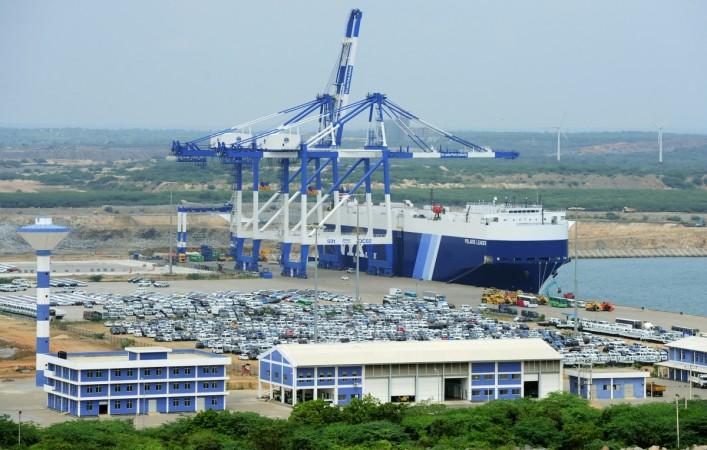
In another bid to lure the island nation of Sri Lanka, China has offered to build houses and roads in the northern part of the country which is in a state of despair following a bloody civil war which ended in 2009.
The latest push from the Chinese government has come amid the heavy criticism of a big Chinese port in Hambantota which is forcing Sri Lanka under huge debt. Earlier this week, Malaysian Prime Minister Mahathir Mohamad had announced that he will shelve two major infrastructure projects by Chinese companies for being too expensive for his debt-ridden country.
Reuters reported that the chief of the political section at China's embassy in Colombo, Luo Chong, offered Chinese assistant to Sri Lanka with the objective of helping the country to develop its northern and eastern part which has been at the centre of a 26-year war between the government and ethnic minority Tamil separatists.
"Since the situation is different now, we are willing to have more projects in remote areas in the north and east with the support of the Sri Lankan government and from the Tamil communities," Chong said.
China Railway Beijing Engineering Group, which is a state-run company, had won a housing project worth over $300 million in April. Under the project, 40,000 houses are proposed to be constructed in the northern district of Jaffna. China's Exim Bank was ready to sanction the debt for this project.
![A Chinese official has warned that any changes in America's adherence to the One-China policy would hamper the bilateral relations. [Representational Image] China Flag](https://data1.ibtimes.co.in/en/full/548234/china-flag.jpg?h=450&l=50&t=40)
But the project was halted with the resident's demand for brick houses instead of the concrete structures planned by the Chinese firm. The residents preferred to live in their traditional dwellings.
This demand from the local community has given a chance for Indian to step into the project. A legislator from the regional Tamil National Alliance, MA Sumanthiran told Reuters that the government has initiated negotiation talks with India for the housing project.
Notably, India in the first phase of reconstruction has already built 44,000 houses in the north; additionally, it also plans to rebuild Palaly airport and Kankesanthurai harbour which were heavily damaged in the war against the LTTE.
















